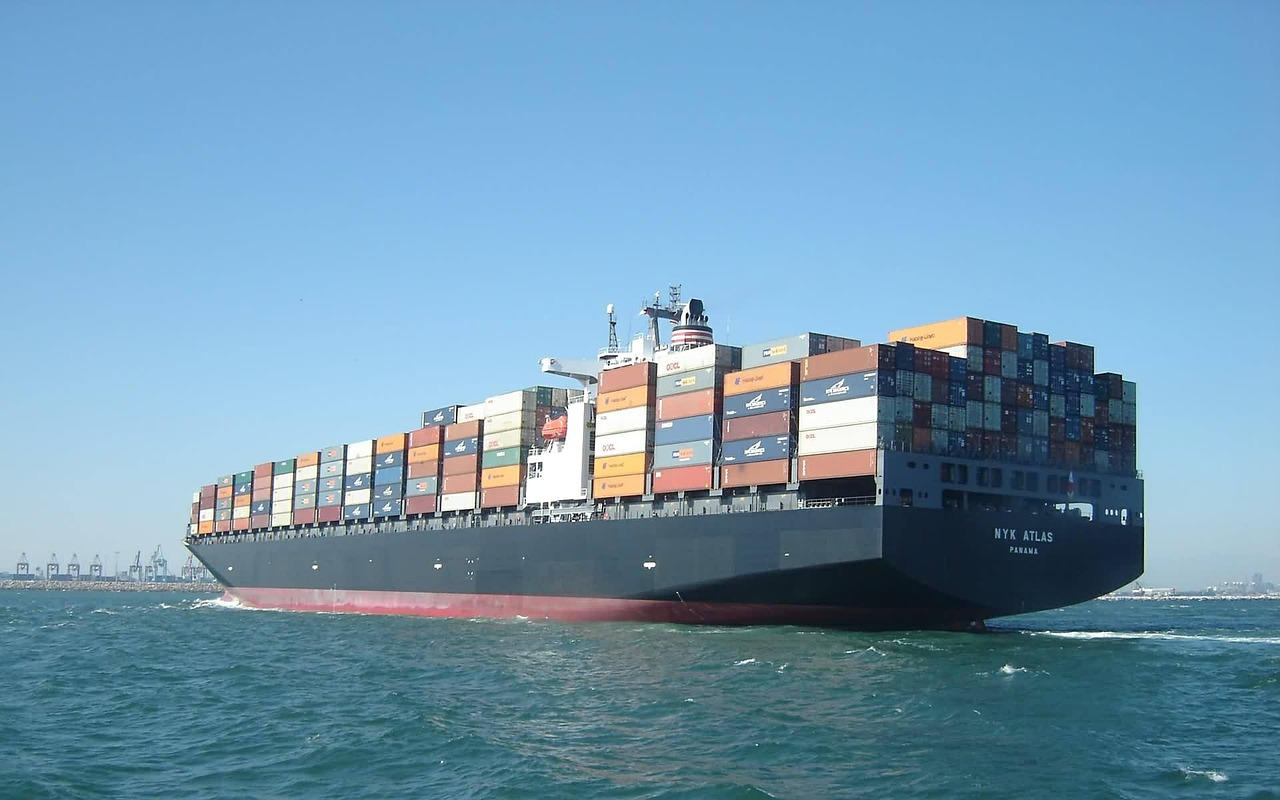Although making no specific commitments, the Trump Administration continues to propose the potential renegotiation of NAFTA. House Democrats, in a Resolution earlier this spring, and a group of 15 environment, labor, and human rights groups, in an Eight-Point Plan, have called for a renegotiation of NAFTA that ensures that regulations protecting the environment are maintained.
In an earlier blog post, I discussed how environmental protection provisions incorporated in trade agreements could help mitigate the adverse environmental impacts of (international) trade. This post explores the inverse topic: how the investment chapters in NAFTA (and other trade agreements) may affect environmental and social protections in parties’ domestic regulation. In particular, this post explores two of the proposed renegotiation reforms: (1) including a broad carve-out for legitimate environmental and social protections; and (2) eliminating the Investor State Dispute Settlement (ISDS) mechanism.
Economic Provisions That Protect Foreign Investors
NAFTA and other trade agreements contain legal standards to protect the economic interests of foreign investors. The application of these standards has demonstrated some of the disconnect between domestic social and environmental regulation on the one hand and international trade regimes on the other. Investor protections include the fair and equitable treatment (FET) standard (Article 1105), which has been interpreted as protecting an investor’s “legitimate expectations” of profit, the right to national treatment (domestic and imported goods should be treated equally once they have entered the market) (Article 1102), and the prohibition against expropriation (Article 1110).
 |
In one criticized decision, Clayton v. Government of Canada (PCA Case No. 2009-04), a tribunal held that the government erred when it denied investors’ proposal to operate a coastal quarry and offshore terminal project following an environmental assessment. The tribunal evaluated the investors’ “legitimate expectations” as a factor under Article 1105 in ruling that they were not given a “fair opportunity” to have their case considered, even though the environmental assessment relied on an extensive public process. It also ruled that the assessment violated the investors’ right to national treatment because some companies in situations that it viewed as similarly situated received approvals. It found this to be disparate treatment, even though it did not explore the specific distinctions among cases and the differences were not based on the nationality of the investor.
The prohibition against expropriation can include a broad definition of regulatory takings. A tribunal applied this prohibition in Metalclad’s suit against Mexico in which the federal government had given Metalclad permission to operate a waste disposal landfill (Metalclad Corp. v. United Mexican States, ICSID Case No. ARB(AF)/97/1). The local government, however, opposed the landfill and established a protected area on the land permitted for the landfill. The tribunal subsequently determined that Metalclad was entitled to compensation for expropriation for its investments.
One response to the issue of investment protections potentially overriding legitimate environmental regulation would be a strong carve-out, as called for by the Resolution and Eight-Point Plan. Trans-Pacific Partnership (TPP) language that investment provisions “shall not be construed to prevent a party from adopting, maintaining, and enforcing any [environmental, health, or other regulatory objectives] measure otherwise consistent with this chapter . . .” would still have required public policy regulation to comply with investment protections, instead of requiring investment provisions to be consistent with domestic environmental protection. Analysis has shown how the investor protections in the TPP could have created liability for governments who want to take new or comprehensive measures to address climate change. An explicit carve-out would protect legislation and regulation consistent with international environmental, health, and human rights law. Including this carve-out is not without precedent: there was an explicit carve-out in the TPP for tobacco legislation consistent with the Framework Convention on Tobacco Control.
Investor State Dispute Settlement Provisions
NAFTA was the first trade agreement to establish ISDS arbitral tribunals to adjudicate trade disputes. Concerns have been raised that the ISDS mechanism privileges the interests of foreign investors over nations, domestic companies, and citizens. First, the tribunals address only foreign corporations’ claims against nations. States and individuals whose regulations or rights may have been infringed may not bring claims or counterclaims against foreign companies or investors. Second, adjudicators are typically experts in corporate but not environmental or social law, and their prior experience often includes representing corporations before similar tribunals. Third, only very limited review of the decisions is available. Vague standards and inconsistent judgments can make it difficult for a state to predict the result of a lawsuit, increasing the pressure on a government to settle the case. Finally, litigation costs and judgments run in the millions of dollars, which can be a significant drain on government resources.
Such judgments could make it more difficult for governments to fulfill their public and regulatory functions and have a chilling effect on the implementation of environmental protections. Rather than litigating cases, states may settle with investors, including rolling back regulation. In its current form, the NAFTA ISDS mechanism may enable foreign investors to infringe on domestic governments’ public policy and regulatory space.
One response to concerns about the ISDS system has been a call to eliminate it, as in the Resolution and Eight-Point Plan. Reform goals include ensuring a level playing field for all actors, protection of governments’ policy space, equal consideration of environmental and social protections, and the ability to appeal decisions.
As awareness of the impact of investor protections and the ISDS tribunal system has spread, concerns have grown that investment protections in trade agreements can potentially undermine environmental and social protection. In the context of rapid climate change and extensive destruction of biodiversity worldwide, it is essential that governments are not hindered in pursuing legitimate environmental policy. ISDS mechanisms should be drastically reformed, eliminated, or replaced; and agreements should include explicit broad carve-outs in accordance with international environmental law to protect domestic environmental regulation, enforcement, and decisionmaking, including that which addresses climate change.
